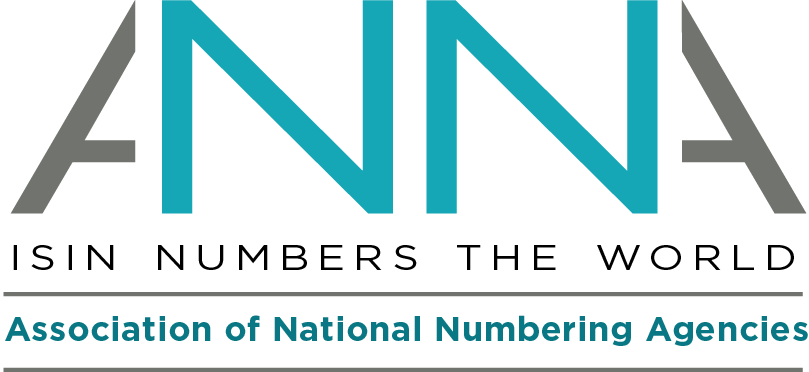 The global body behind the assignment of International Securities Identification Numbers (ISIN) has created a task force to assess the role and scope of ISIN in respect to digital asset identification and to provide recommendations on the potential benefits of creating guidelines across all kinds of digital assets, such as asset tokens, payment tokens, utility tokens and hybrid tokens.
The global body behind the assignment of International Securities Identification Numbers (ISIN) has created a task force to assess the role and scope of ISIN in respect to digital asset identification and to provide recommendations on the potential benefits of creating guidelines across all kinds of digital assets, such as asset tokens, payment tokens, utility tokens and hybrid tokens.
The Association of National Numbering Agencies (ANNA) will be looking to explore ways of extending its standards to digital asset trading as issuers of digital tokens are believed to be in urgent need of trusted, machine-readable, ISO identifiers and related standards.
Uwe Meyer, executive director & secretariat at ANNA, commented: “With digital assets emerging as a new investment class, the availability of quality standardized reference data will serve as the
foundation for a trusted token market. We hope that this Taskforce will ensure that we continue to utilize the ISIN standard wherever we can be sure it will be of most use to the industry. This evaluation process on digital assets is an important part of that journey.”
Manuel Alonso, convenor of the assigned task force, said: “Potential institutional participants in the digital token ecosystem will need accurate, reliable, quality data attributes to make appropriate investment and trading decisions; much like participants in traditional financial markets have today,” he says. “We have set up the Technology Taskforce to assess the role that ISIN may take to
help this process.”
According to coinmarketcap.com, the cryptocurrency market is currently worth more than $205 billion, with Bitcoin dominance almost reaching two-thirds of the whole pie. There are 20790 markets trading a total of 3028 coins and tokens. Bitcoin currently sits around $7,500.
The digital asset ecosystem has continued to grow despite a decline in the value of the cryptocurrency market, which has hit its peak in January 2018. In the meantime, a number of regulatory entities have clarified their stance in regard to cryptocurrencies, with Gibraltar being one of the most attractive jurisdictions for market participants in the crypto space. The Gibraltar Financial Services Commissioner (GFSC) created the Distributed Ledger Technology (DLT) License in early 2018 and, since then, a number of firms within the ecosystem have applied and been granted authorization from the regulator.
Gibraltar’s DLT legislation is the world’s first purpose-built regulatory framework for businesses using blockchain or DLT. The framework has been informed by an open dialogue between regulators and industry figures, establishing adequate levels of flexibility for projects to thrive. The regulatory authority has granted a number of DLT licenses since its creation, including the Mexican crypto platform Bitso, Gibraltar Blockchain Exchange, eToroX, LMAX, and Huobi.












